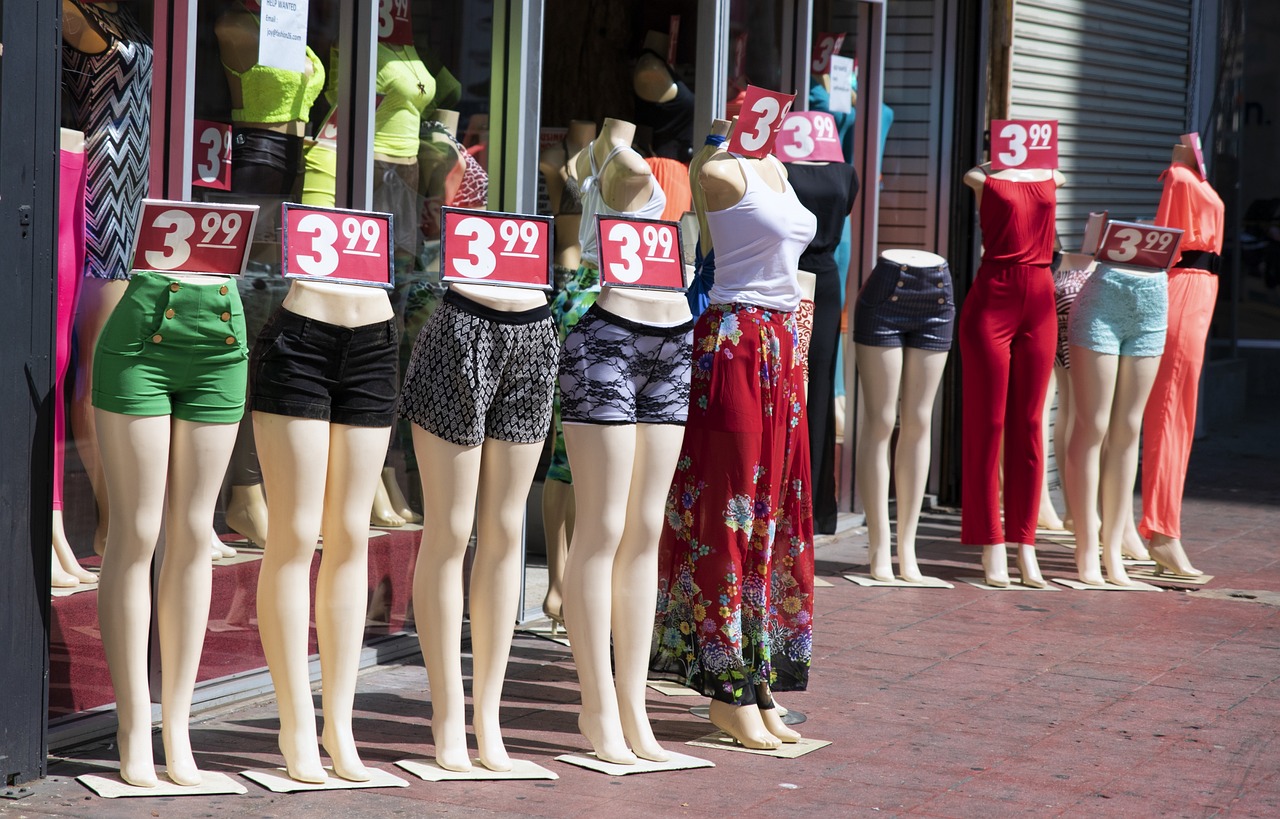Fashion and Technology: The Role of Blockchain in Supply Chain Transparency: Betbook250.com, 11xplay, Yolo 247
betbook250.com, 11xplay, yolo 247: Fashion and Technology: The Role of Blockchain in Supply Chain Transparency
In recent years, the fashion industry has undergone a significant transformation, driven in part by technological advancements. One such innovation that has been making waves in the industry is blockchain technology. Blockchain, a decentralized and transparent digital ledger system, is being hailed as a game-changer for supply chain management in the fashion industry. In this article, we will explore how blockchain is revolutionizing supply chain transparency in the fashion world.
The Fashion Industry’s Supply Chain Woes
The fashion industry is notorious for its complex and opaque supply chains. From the sourcing of materials to manufacturing, distribution, and retail, there are numerous touchpoints involved in bringing a piece of clothing from the design table to the consumer’s closet. Unfortunately, this complexity often results in a lack of transparency and accountability within the supply chain. Issues such as sweatshop labor, counterfeit products, and environmental damage have plagued the industry for years, leading to a growing demand for greater transparency.
Enter Blockchain Technology
Blockchain technology, which underpins cryptocurrencies like Bitcoin, is a decentralized and immutable digital ledger that records transactions across a distributed network of computers. Each transaction, or block, is securely linked to the previous one, creating a chain of blocks that is virtually tamper-proof. This transparency and security make blockchain an ideal solution for supply chain management in the fashion industry.
By utilizing blockchain technology, fashion brands can create a digital record of every step in the supply chain, from the sourcing of raw materials to the final product delivery. Each transaction is time-stamped, verified, and securely stored on the blockchain, providing a complete and transparent view of the product’s journey. This level of transparency helps to build trust with consumers and stakeholders, as they can verify the authenticity and ethical sourcing of the products they purchase.
The Benefits of Blockchain in Supply Chain Transparency
1. Improved Traceability: Blockchain technology allows brands to track and trace the origin of each product, ensuring that it is ethically sourced and manufactured. This level of traceability helps to combat issues such as counterfeit products and unethical labor practices.
2. Enhanced Security: The decentralized nature of blockchain technology makes it highly secure and resistant to hacking or fraud. This increased security helps to protect sensitive supply chain data and ensures the integrity of the information stored on the blockchain.
3. Greater Transparency: By leveraging blockchain technology, fashion brands can provide consumers with real-time access to information about the products they purchase. This transparency builds trust and loyalty with consumers who value ethical and sustainable practices.
4. Sustainability Impact: Blockchain technology can also be used to monitor and report on the environmental impact of fashion production processes. By tracking factors such as energy consumption, water usage, and greenhouse gas emissions, brands can make more informed decisions to reduce their environmental footprint.
5. Supply Chain Efficiency: Blockchain technology streamlines supply chain processes by reducing paperwork, minimizing errors, and automating tasks such as payments and shipping. This increased efficiency leads to cost savings and faster time-to-market for fashion brands.
6. Compliance and Certifications: Blockchain technology can help fashion brands comply with industry regulations and certifications by securely storing and verifying documentation related to product standards, labor practices, and sustainability measures.
FAQs
Q: How does blockchain technology ensure the security of supply chain data?
A: Blockchain technology uses cryptographic algorithms and decentralized consensus mechanisms to secure data stored on the blockchain. Each transaction is verified by multiple nodes in the network, making it virtually impossible to tamper with the information.
Q: Can blockchain technology prevent counterfeit products in the fashion industry?
A: Yes, blockchain technology can help combat counterfeit products by creating a transparent record of each product’s origin and authenticity. Consumers can verify the legitimacy of a product by scanning a QR code or accessing the blockchain ledger.
Q: Are there any limitations to implementing blockchain technology in the fashion industry?
A: While blockchain technology offers many benefits for improving supply chain transparency, there are challenges such as scalability, interoperability, and integration with existing systems. Overcoming these obstacles will be key to widespread adoption in the fashion industry.
In conclusion, blockchain technology is poised to revolutionize supply chain transparency in the fashion industry. By leveraging the security, transparency, and efficiency of blockchain, fashion brands can create a more ethical, sustainable, and trustworthy supply chain for the future. As consumer demand for transparency and sustainability continues to rise, blockchain technology will play a crucial role in reshaping the fashion industry for the better.







